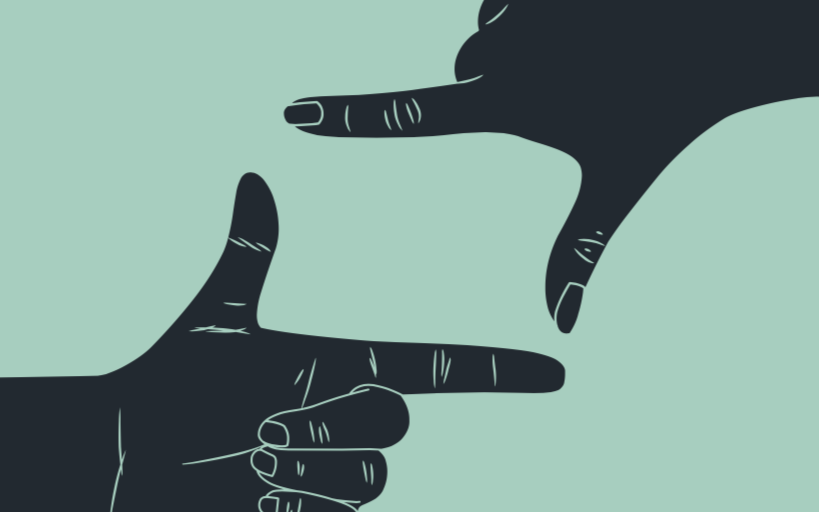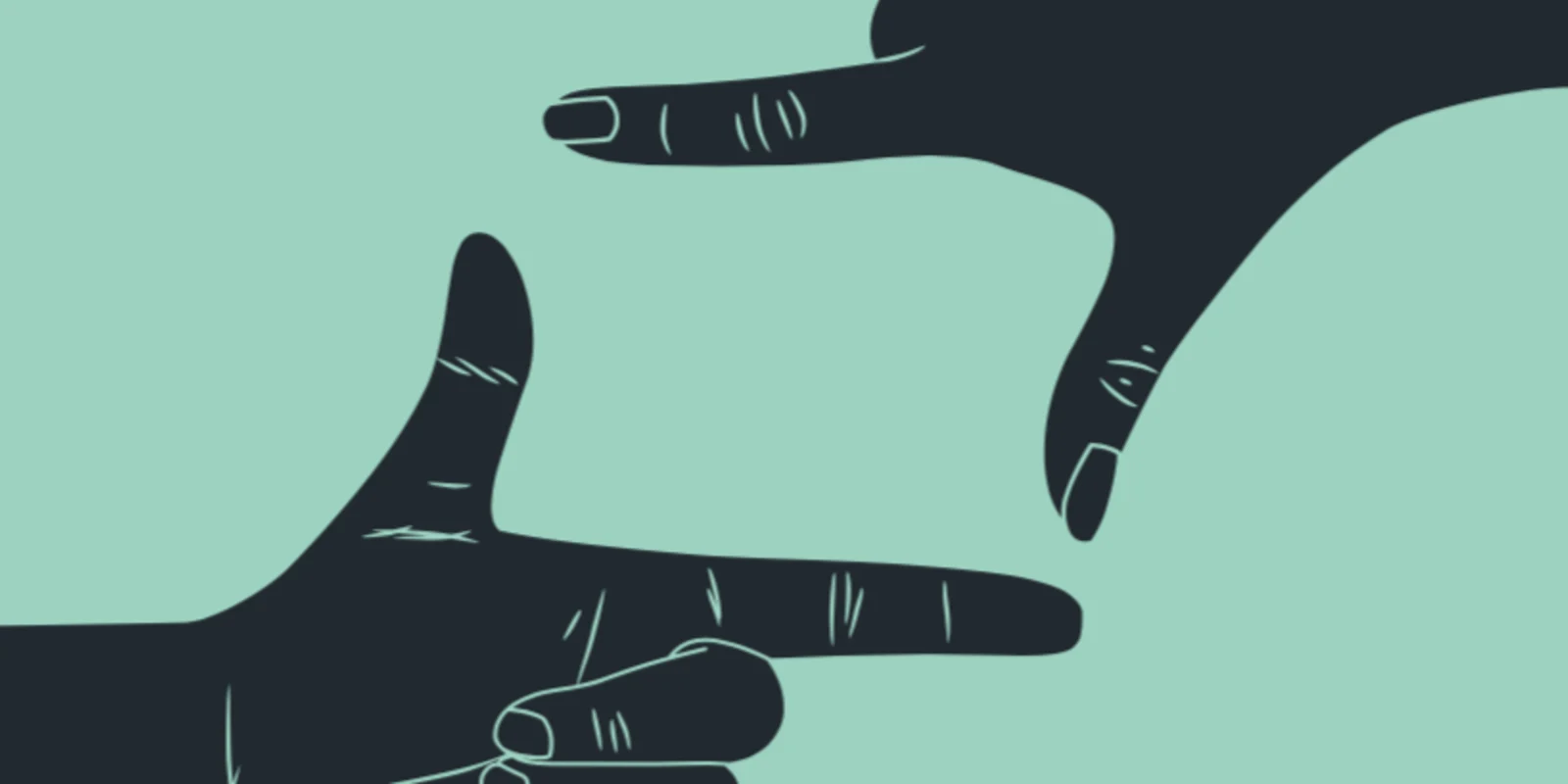
“C. diff., just what she needed,” I groaned to myself as I gowned up. It was postoperative day two from a 14-hour cancer resection, and my patient had already been through hell. The cancer had recurred after previous surgery, radiation, and chemotherapy, and this surgery was her last hope for a cure. We had removed her larynx and esophagus to hopefully cure the cancer, and her C. diff. infection would only add chronic diarrhea to a long recovery process.
Walking into her room, I was struck by how brutal cancer is and how imperfect current treatments are for it. Prior to surgery, cancer had ravaged her body. She had lost a tremendous amount of weight and most of her ability to swallow. After surgery, the antibiotics she received to prevent infection had caused C. diff. She was lying in bed with uncontrolled pain, dried blood crusted on her incisions, coughing up secretions without the ability to eat or talk. As we changed her dressings, she shed a few tears from the pain. In contrast to the look of fear in her family’s eyes, her eyes showed a resigned acceptance.
Her look of acceptance was one I have seen before in cancer patients. It is a recognition of the severity of the situation, and the acknowledgement of the suffering ahead. It is an appreciation that death may be near. I can only imagine how terrible those thoughts must be for my patients. It must also provide an immense sense of clarity. It is one of the few moments in someone’s life when they have a clear picture of themselves and their values. It is a viewpoint one can hold only when the end of life is near.
Physicians engage with people in this state more often than we would like. We have the privilege of caring for patients experiencing the essence of their humanity — mortality. Our patients undergo tremendous amounts of pain and suffering to delay death, and many deny the thought that death is approaching. We see their true humanity when they face the reality that their end of life could be near. It is a raw emotion, but one that has a unique beauty.
The beauty is found in seeing humanity in its truest form. People are taught to project confidence and put up facades to maintain an image. The pressure from terrible disease and physical pain, a feeling deep to humanity’s core, causes all the walls we put up to fade away. The newfound clarity brings our true words and motions to light. Our deepest love and sometimes deepest hate are expressed as inhibitions are removed. There is no reason to hold back anything.
Seeing people in this state is precious because it is unique. Those with unexpected deaths never receive the opportunity to examine their lives with this clearness. It is rare when an individual is gifted the opportunity to take stock of their life with their clearest eyes. It is even rarer to be able to act on that clarity.
Physicians see patients through their worst moments. It is often terrible, and modern medicine is unable to relieve the effects of life’s worst diseases. The pain felt in these moments exposes humanity at its core. We are privileged to interact with patients in their most vulnerable state, recognizing that it is rarely pretty, but almost always honest. We must steward this gift, and acknowledge it as one of the privileges of our profession.
Cameron Todd is a fourth-year medical student at Tulane University School of Medicine. He is a 2018–19 Doximity Author.





